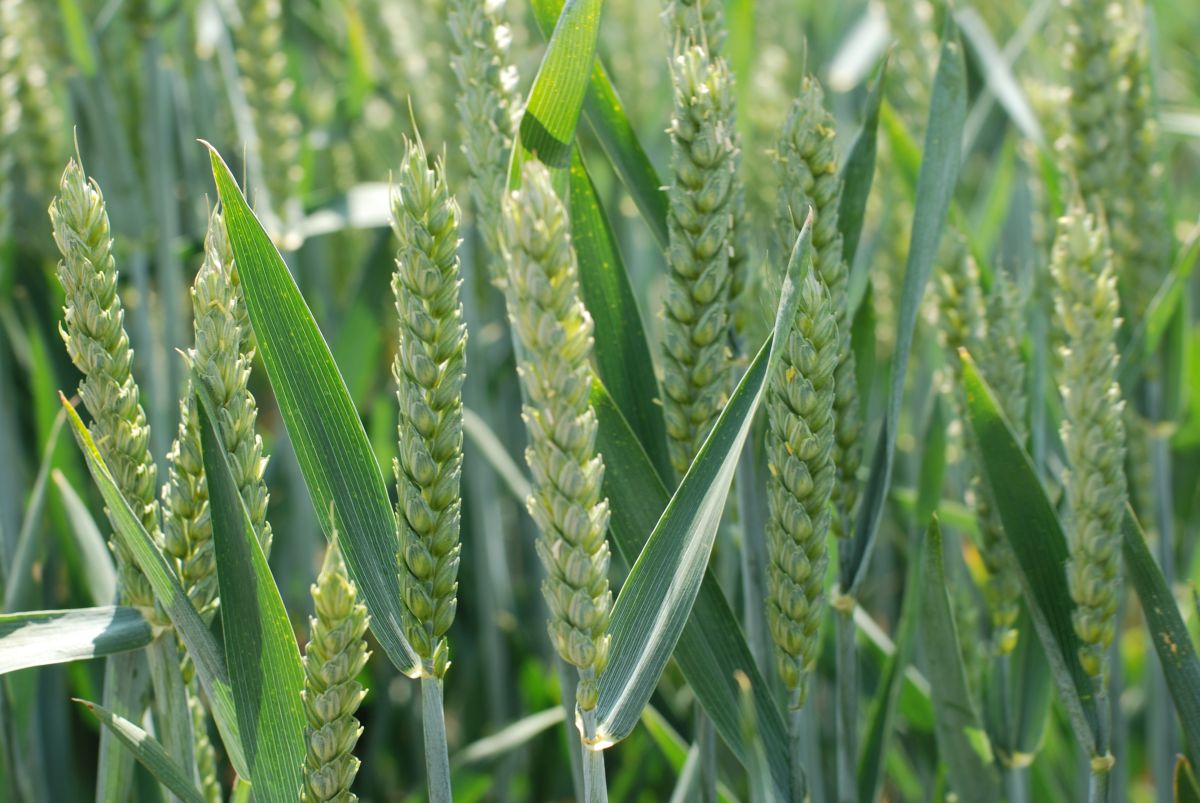
Black Isle Monitor Farmers Brian Matheson and Caroline claimed the third prize in the percentage of potential yield gained at the Yield Enhancement Network (YEN) awards yesterday (24 November 2016).
Brian and Caroline, who farm just north of Inverness, achieved 62.5 per cent of their yield potential with a Zulu first winter wheat. Their final yield was 10.9t/ha.
The Monitor Farm community group proved their worth when it came to identifying a good crop.
Brian said: “I had two fields of Zulu and was originally going to enter another one but when the Monitor Farm group looked at the fields they recommended this one. They were right, as the other one only yielded 10.4t/ha.”
The key, Brian says, was attention to detail.
“This is something we’ve also been focussing on with the Monitor Farm programme, especially with the price of wheat where it is. We’ve had to sharpen up our act, and spend more time on the details, such as headland management.”
Quality of field and good rotation
However, the quality of the field and having a good rotation, say Brian and Caroline, were also key factors in their success.
This field on the farm at Ballicherry was traditionally run with livestock. In recent history, it was in grass for seven years and was ploughed four years ago. After that it was in spring barley for two years. The crop immediately before this one was potatoes.
Because of the preceding potato crop, Brian subsoiled, ploughed and then drilled with a Vaderstad Spirit Drill.
AHDB Knowledge Exchange Manager for Scotland, Gavin Dick, commented on balancing yield and costs: “The benchmarking exercises we carry out as part of the Monitor Farm programme consistently tell us that yield is king – but only within the context of knowing your cost of production. Fixed costs now account for over 60 per cent of the total cost of production and tonnes are needed to pay for them, so it’s about managing costs to ensure that each spend will return additional yield with a cost benefit, rather than just reducing costs.
“The YEN programme helps growers to understand the components which go into creating yield and therefore helps them target their spend to maximise yield.”
